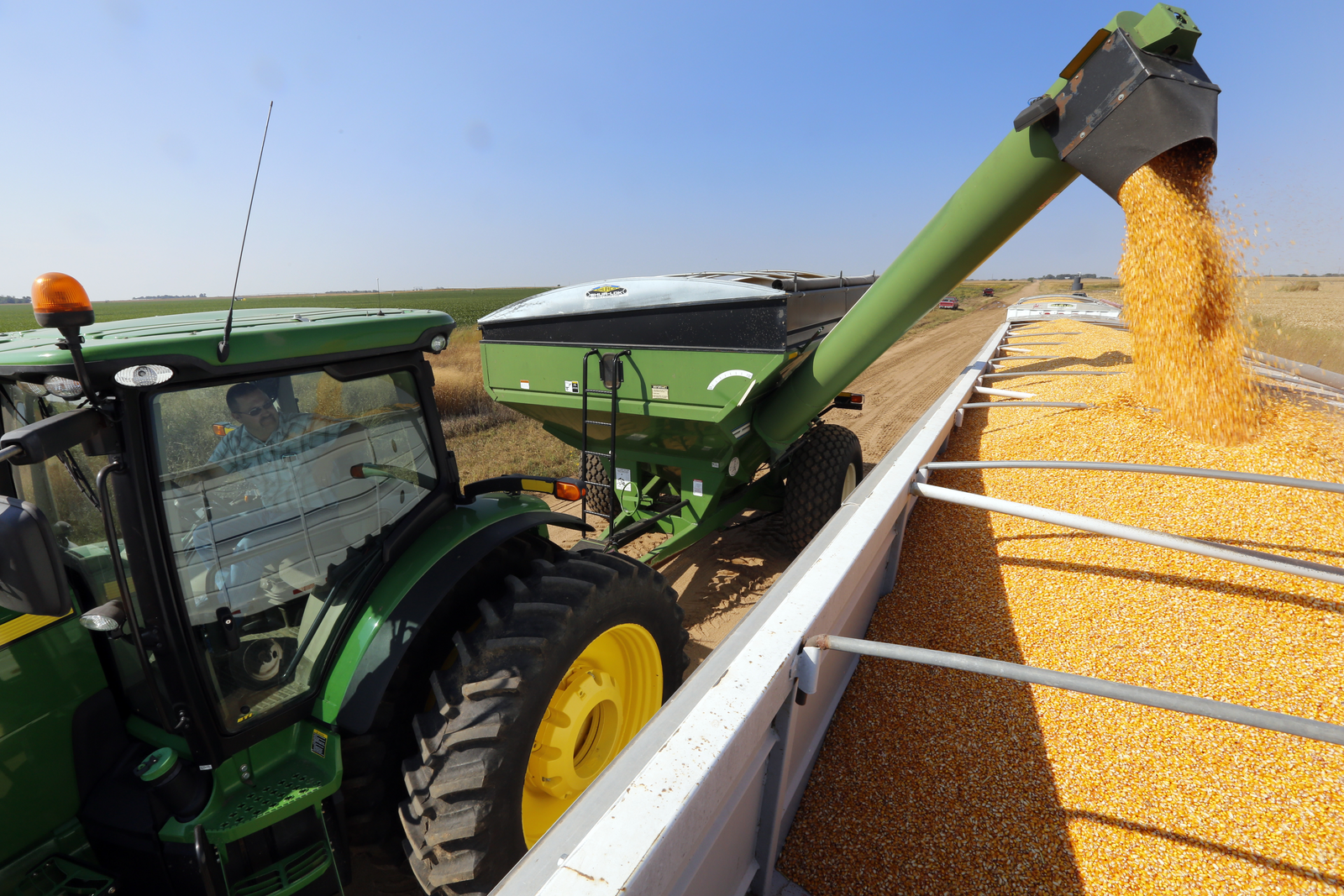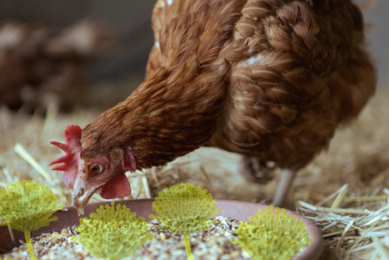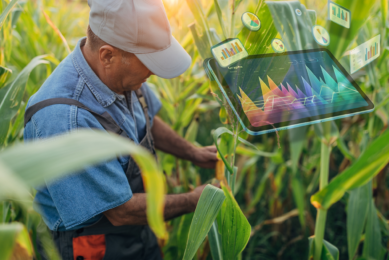Mycotoxins: Risk is greater than ever before

Even low levels of mycotoxins in animal diets can have a significant impact on livestock production, such as impaired gut health. This is stated by several mycotoxin experts.
“Research has implicated physiological and immunological effects at lower and more common levels of contamination that ultimately affects gastrointestinal tract functionality,” according to Prof Todd Applegate of the University of Georgia. “These effects range from aflatoxins impacting endogenous nutrient loss from the intestinal tract, to deoxynivalenol (DON) triggering tight junction protein degradation, and to fumonisins increasing coccidial lesion severity in broiler chicks and prolonged recovery due t o alterations to regulation of inflammatory processes,” he explained.
Powerful tools
Advances in mycotoxin detection and analytic techniques have shown the mycotoxin problem to be much larger and more diverse than once imagined. “We have developed a method capable of determining 380 fungal, bacterial and plant metabolites in cultures, cereals, food and feed products,” pointed out Prof Rudolf Krska of the University of Natural Resources and Life Sciences in Vienna. This and other tools will help to extend the frontier of knowledge regarding mycotoxins.
Broader picture, growing risk
“Much of what we currently know about the adverse effects of mycotoxins on both animal and human health are generally limited to exposure to a single mycotoxin,” stated Prof Christopher Elliott of the Institute for Global Food Security at Queen’s University Belfast. “As the climate changes, as feed materials are being sourced from different parts of the world and novel sources of feed materials are being used the risk to exposure from many toxins simultaneously is now greater than ever before.”
Also read: A world without mycotoxins: 7 challenges
Innovative solutions
Addressing this serious issue requires cutting-edge mycotoxin deactivation methods such as biotransformation which converts toxins into non-hazardous metabolites. While we correctly think of mycotoxins as noxious contaminants in animal feed, there is another perspective, according to Dr Wulf-Dieter Moll of the Biomin Research Center. “For certain specialised bacteria, mycotoxins are delicious nutrients. These bacteria use enzymes that break down mycotoxins. We can put some of these enzymes to use as feed additives,” explained Dr. Moll.
Prof Applegate, Prof Elliot, Prof Krska and Dr Moll will share their knowledge at the expert mycotoxin session of the 2016 World Nutrition Forum, organised by Biomin and held in Vancouver, Canada on 12-15 October.











